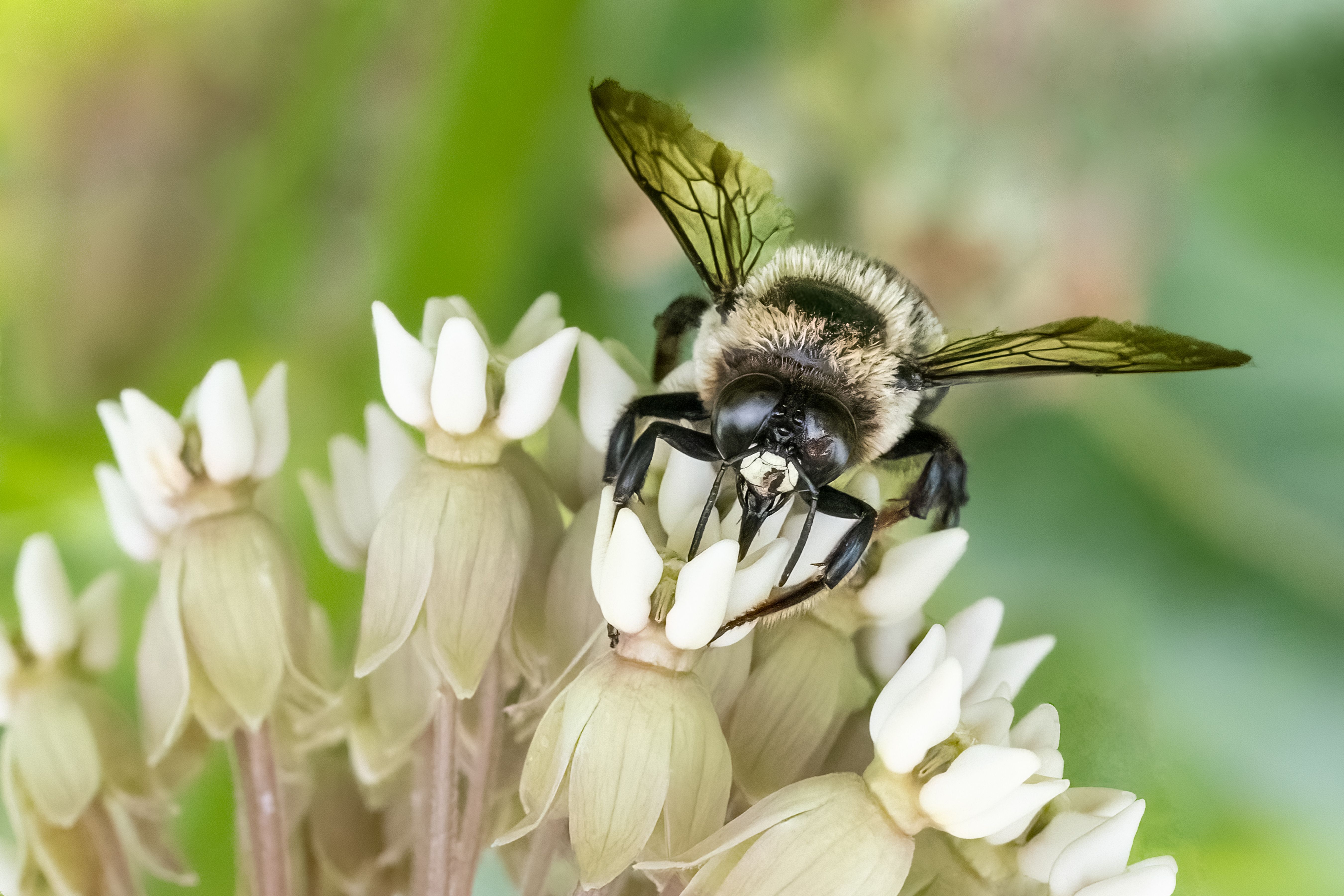
Published March 22, 2024
Use Your Consumer Power to Speak for Pollinators
By Katie Schortman, Pollinator Outreach Coordinator/Environmental Educator
In 2022, Rhode Island legislation was passed to keep dangerous neonicotinoid pesticides (neonics) out of the hands of untrained users. Although this legislation went into effect on January 1, 2024, we still need your help!
You can continue to support pollinators by holding accountable local businesses that sell landscaping products. Neonicotinoids are long-lasting and negatively affect the navigation system of bee species, making it harder for them to forage and find their way home. These chemicals attack the central nervous system of insects, often resulting in paralysis and death.
We need your help to ensure that the regulation of these dangerous chemicals remains a priority. Together, we can make change happen.
Lawn care companies, farmers, and other professionals are still able to purchase neonicotinoids when necessary – but they must be certified users. Speak to your landscapers, HOAs and local nurseries about the dangers of neonics. Let them know you are concerned about plants and lawns grown and treated with these dangerous chemicals and the use of pesticides on or near your favorite outdoor spaces. Politely request that any products containing neonics be removed from shelves in accordance with RI Gen L § 23-25-40. (2022).
If you notice neonicotinoid pesticides still being sold on store shelves in Rhode Island, please email Audubon Director of Advocacy Phoenix Wheeler at pwheeler@asri.org and include the date and location where you saw the pesticides in your email.
RESOURCES: Hold Local Businesses Accountable
We've created a couple different resources that you can download and hand out to landscapers, garden centers, nurseries, HOAs - and even your neighbors!
- "Are Your Plants Harming Pollinators?" – Download the Neonics Info Flyer
- Download our Sample Letter/Template (feel free to personalize!)
For More Information:
- Sign up for the Audubon Eagle Eye newsletter and look for Audubon’s advocacy toolkits: asri.org/subscribe
- Visit the Xerces Society website to learn more about bees and neonicotinoids.

















